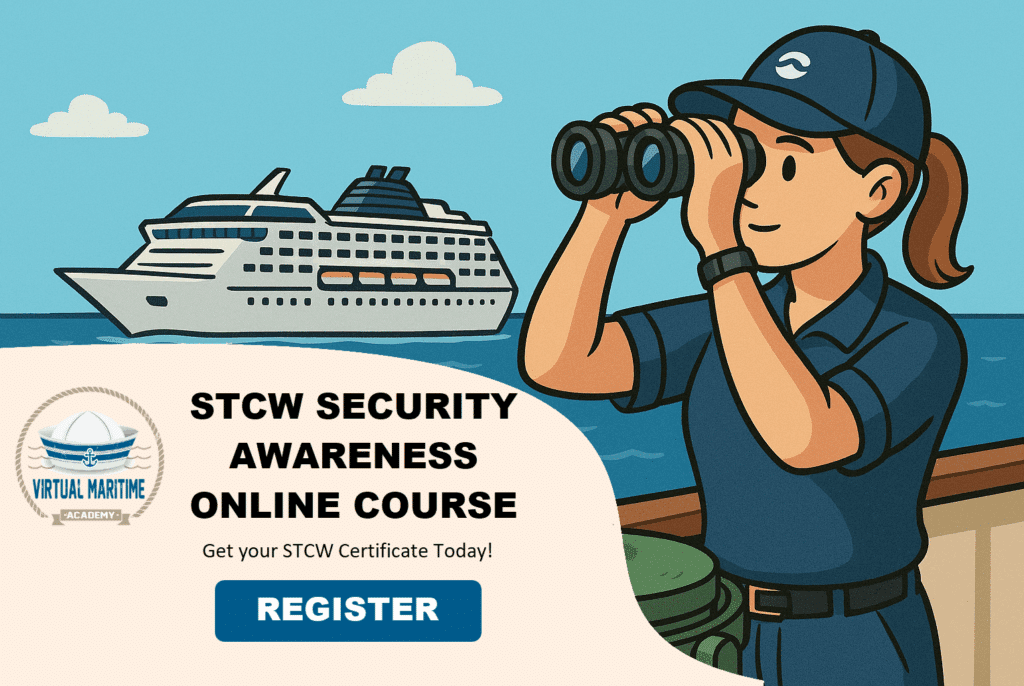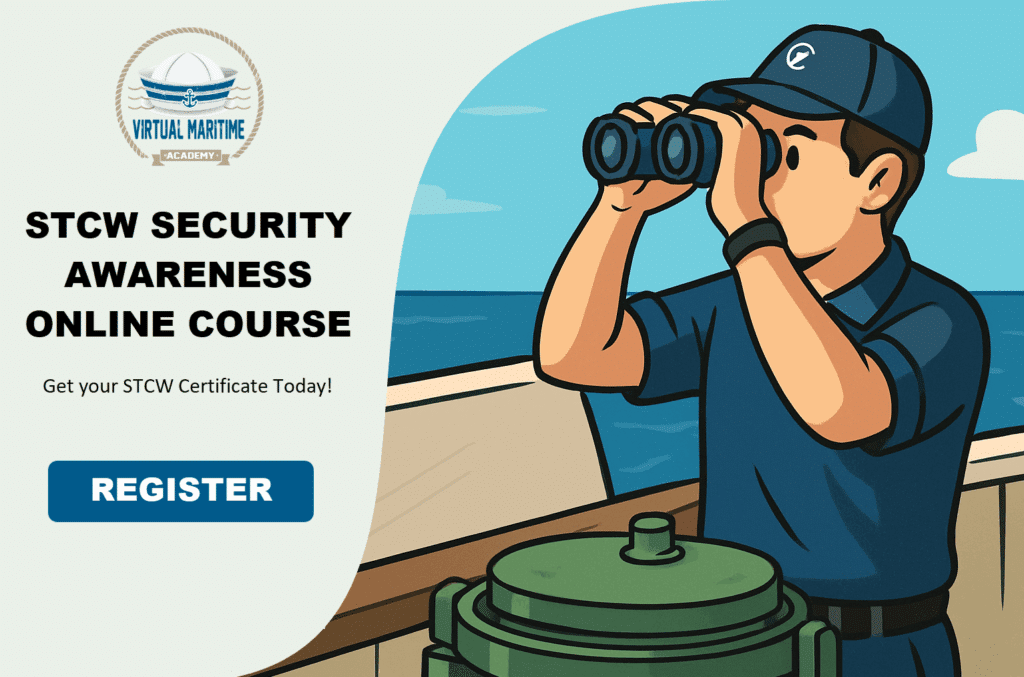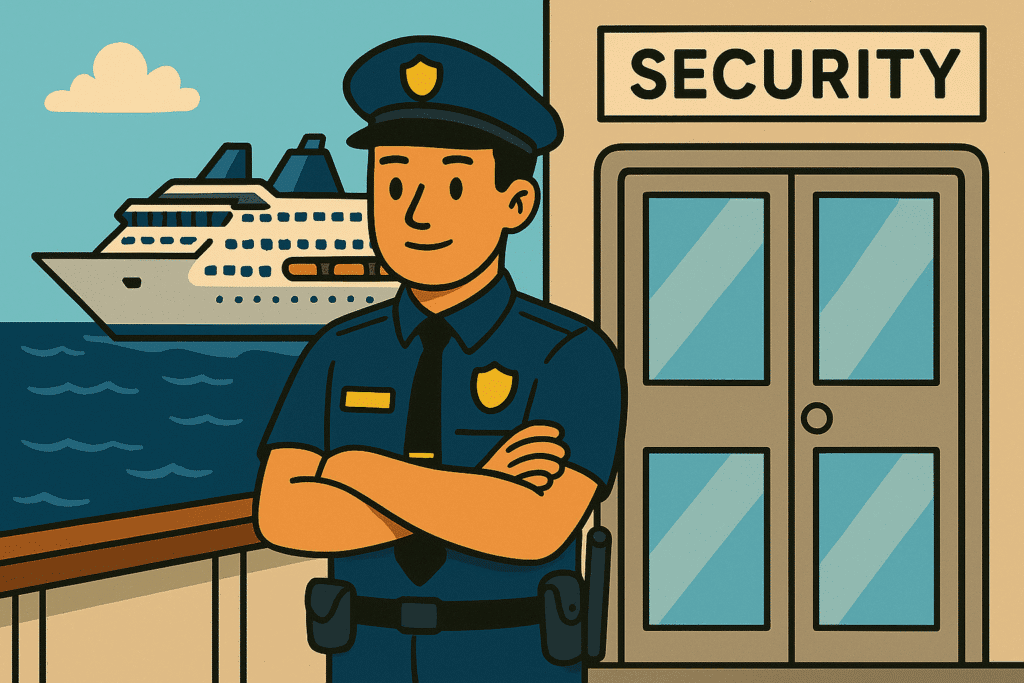The maritime industry is constantly evolving, and in an effort to maintain safety and operational efficiency, organizations are increasingly recognizing the importance of the Designated Person Ashore (DPA). This article delves into the crucial aspects of Designated Person Ashore (DPA) training, highlighting its significance in fostering effective leadership within maritime operations. With thorough insights into the role of the DPA, essential competencies needed for effective training, best practices for implementing successful training programs, and the positive impacts on maritime safety, this guide is tailored for individuals looking to unlock new leadership opportunities in the maritime sector.
Learn more about our Courses here!
Key Takeaways
- The Designated Person Ashore (DPA) is crucial for ensuring maritime safety and compliance.
- Effective DPA training requires specific competencies such as communication, risk management, and problem-solving skills.
- Best practices in DPA training include hands-on simulations and ongoing assessments to enhance learning outcomes.
- Investing in DPA training significantly improves leadership capabilities within maritime organizations.
- Strong DPA training programs can lead to a safer maritime environment and a culture of safety among crew members.
Understanding the Role of the DPA in Maritime Operations
In the complex world of maritime operations, the role of the Designated Person Ashore (DPA) is critical for ensuring the safety and compliance of vessels. DPA Training: Unlock New Maritime Leadership Opportunities is essential for professionals aiming to enhance their career in the shipping industry. A well-trained DPA acts as the primary link between the ship and the shore, facilitating communication regarding safety management systems, regulatory compliance, and operational efficiency. With the ever-evolving maritime regulations and an increasing focus on safety, mastering the responsibilities of a DPA not only enhances individual competency but also positions professionals for advanced leadership roles. This training covers key aspects including risk management, emergency response, and effective communication, all vital for maritime excellence. Embracing this training is a strategic move for those wishing to influence maritime practices positively and drive their careers forward.
Key Competencies Required for Effective DPA Training
Designated Person Ashore (DPA) Training: Unlock New Maritime Leadership Opportunities is essential for those aspiring to excel in the maritime industry. Effective DPA training focuses on several key competencies that are critical for ensuring safety and compliance within maritime operations. Firstly, understanding regulatory requirements is paramount; DPAs must be well-versed in local and international maritime laws, including the International Maritime Organization (IMO) standards. Strong communication skills are also vital, as DPAs serve as a liaison between ship and shore, requiring them to facilitate clear and concise information flow. Additionally, decision-making skills are crucial; DPAs must be capable of swiftly addressing potential hazards and crises, ensuring that maritime operations run smoothly. Finally, a solid grasp of risk management and safety protocols not only enhances personal competence but also contributes to overall fleet safety. By mastering these competencies through designated person ashore training, maritime professionals can unlock new leadership opportunities and propel their careers forward.
‘The greatest danger in times of turbulence is not the turbulence; it is to act with yesterday’s logic.’ – Peter Drucker
Learn more about our Courses here!
Best Practices for DPA Training Programs
Designated Person Ashore (DPA) Training is essential for maritime professionals seeking to elevate their careers and embrace new leadership opportunities in the maritime industry. Best practices for DPA training programs focus on comprehensive curriculum development, hands-on training, and fostering effective communication skills. A well-structured program should include in-depth modules on international maritime regulations, safety management systems, and risk assessment procedures, ensuring participants leave with a robust understanding of their responsibilities. Moreover, incorporating real-life scenarios through simulations or case studies can significantly enhance practical knowledge. Continuous feedback and assessment throughout the training process are also vital, as they help reinforce learning outcomes and prepare individuals for the dynamic challenges they may face at sea. By implementing these best practices, organizations can cultivate skilled DPAs who are well-equipped to lead their teams and uphold safety and compliance standards, ultimately unlocking new maritime leadership opportunities.
The Impact of DPA Training on Maritime Safety and Leadership
Designated Person Ashore (DPA) Training has emerged as a cornerstone of maritime safety and leadership, playing a crucial role in enhancing operational effectiveness and compliance within the shipping industry. This specialized training program equips individuals with the necessary skills and knowledge to act as key figures in ensuring safety and regulatory adherence aboard vessels. By understanding their responsibilities, DPAs can effectively manage safety systems, report incidents, and foster a culture of safety onboard. The impact of DPA Training extends beyond just compliance; it unlocks new maritime leadership opportunities by empowering individuals to take proactive roles in risk management and emergency preparedness. As ship operators increasingly recognize the value of strong leadership in maritime environments, investing in DPA certification not only enhances personal career prospects but also contributes to overall safety improvements across the fleet. Organizations that prioritize DPA Training demonstrate a commitment to excellence in maritime operations, positioning themselves as leaders in a competitive industry.
About Virtual Maritime Academy
Virtual Maritime Academy is a leading provider of online maritime education and training, offering a wide range of courses designed to meet the needs of the global maritime industry. With a commitment to quality and innovation, Virtual Maritime Academy is dedicated to preparing seafarers and maritime professionals for success in their careers. Now a DNV Certified Maritime Training Provider, the academy upholds the highest standards of excellence in training and education.











